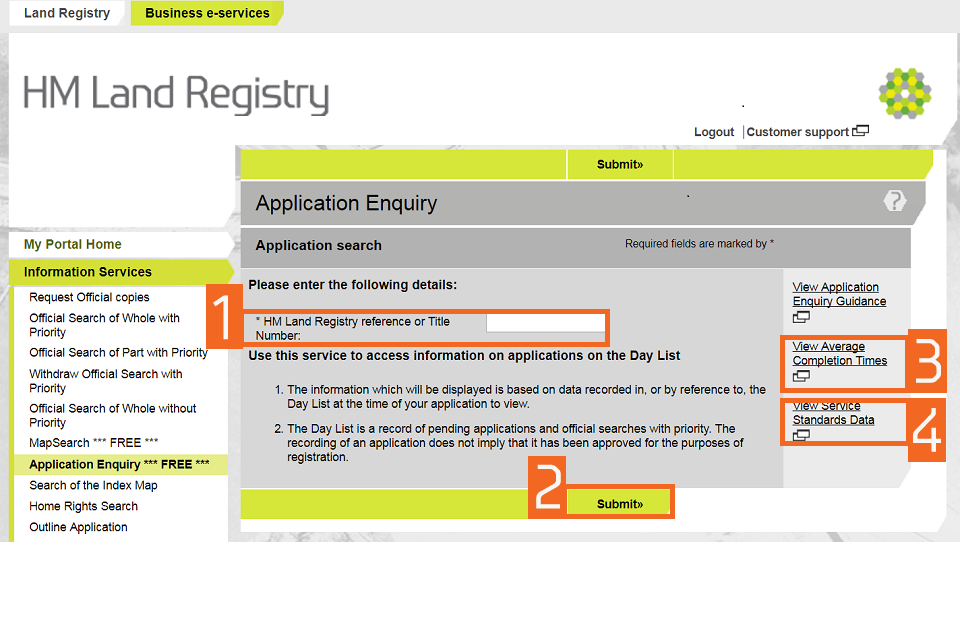Title deeds are essential for determining ownership of property and land in England and Wales. We explain all you need to know about this important document.
What are title deeds?
The title deed for your property sets out the tenure (freehold or leasehold), the boundaries and the legal ownership. It also includes any covenants. These are restrictions on use and rights of access, as well as any charges on your property, such as those by a mortgage lender.
What are they used for?
Title deeds establish several things. They establish legal ownership. They determine who has rights of access. Title deeds also determine who has a charge or financial interest in the property.
What don’t they do?
Unfortunately, they don’t determine precise boundaries. Furthermore, unless boundaries are appropriately marked, they will not identify who is responsible for upkeep of the boundary, i.e. who owns the fence and who is responsible for its repair.
Are there different types of title deed?
Yes, there are two types of title deeds.
- Absolute title is the best class of title and this is the class of title granted in most cases.
- Possessory title this is often awarded where the original title deeds have been lost and absolute title cannot be definitively proven.
Can I upgrade possessory title?
Yes possessory title can be upgraded to absolute title. However, under section 62(4) and (5) of the Land Registration Act 2002. This can only be done upgraded after 12 years, assuming no one else contests this. If you would like to upgrade your title deed you can do so online. Please click the link provided.
HM Land Registry
Her Majesty’s Land Registry was created in 1862 to register the ownership of land and property in England and Wales. HM Land registry has an electronic documentation of title deeds. They hold records of most properties. However, if your property is not registered there, then you need to add your title to their records.
Location your title deeds
If your home is registered with the Land Registry, then you do not need to
worry about the location of your title deeds. This is because the Land registry will hold a scan of the documents, and this forms the legal title to your property.
You can find registered title deeds quickly and easily by searching for your property online and requesting copies of your title deeds. Title deeds come in two parts: Title Register and Title Plan.
- Title register is a document that records ownership, covenants, dates of purchase and price, charges, and title number.
- Title plan is a map showing the property and land. It includes the boundaries, any rights of way and an ordinance survey reference.

Covenants
What are covenants?
These are legal restrictions determining what you can and cannot do with your property. Title deed covenants cover could stipulate whether you can make changes to the property such as building an extension. They can also prevent business use.
Covenants may also protect communal access, or give rules of usage to preserve the character of the neighbourhood. It is important to remember that a covenant is legally binding and you must follow its rules.
What if I break these rules?
If you break a covenant, it can be costly. For example, if do building work which breaches a covenant, you could be forced to demolish it. And you may have to pay a fine on top. In some instances if you breach a convent and nobody complains you could be in the clear.
Can a get a restrictive covenant removed?
In some instances yes. Some restrictive covenants on title deeds are unenforceable. This could be due to their age or the fact that they no longer apply. In this instance you can probably ignore them without worry. However, it may simply be better to avoid buying property with such restrictive covenants. Your solicitor will identify any covenants on any property as part of their due diligence process. You can find out about the searches your solicitor undertakes when buying a property.
Changing title deeds
How do I add or remove a name?
There are many circumstances in which you want to add or remove a name from your title deeds. For example, if you get married or divorced, or if you want to add or remove a person for any other reason. This can be done quickly and easily online by completing an application to change the register.
Can I change a name on title deeds?
You can change your name on these documents by completing form AP1 and providing the relevant documentation, such as a marriage certificate, deed poll certificate or a sworn declaration.
Can I remove my mortgage lender from the title deeds?
Normally, your mortgage lender will automatically inform the Land Registry when you have finished paying your mortgage. If they do not, you can apply to have them removed by completing form AP1 as detailed above.

Title deeds and property sales
Can I buy a house without title deeds?
Yes but the Latin phrase Caveat Emptor (buyer beware), strongly applies.
Can I sell a house without title deeds?
Yes, but the process will be difficult as the buyer’s solicitor may advise their client against this. You will need to apply for possessory title deeds by providing proof that you have a legal ownership of the property. Selling without title absolute will impact upon the ultimate selling price you can obtain.
What is the function of a Solicitor when buying a property?
Your solicitor several searches against a property to fully understand exactly what you are looking to buy. They can then advise you on any doubts they have about the property. This could be due to doubts about title deeds or any restrictive convents which apply to them. It is probably best to heed their advice before you progress to exchange of contracts.
